Scope and Scale in World Building
Or avoiding world building disease
Hello everyone!With a blank canvas and an entire universe to create, sometimes it can be just as hard to know where to start as when to stop. There's a tremendous joy in the act of creating, but sometimes it's worth to take a pause and examine if what we're investing our dwindling supply of time and effort into is really what we want to show the world, or if it is aligning with the reason why we are worldbuilding. We call it worldbuilder's disease, when we get so into the weeds that we lose sight of the greater picture - just ask anyone on WorldAnvil about the different style of elvenshoes for the inside joke. Worldbuilding is fun, but if we're doing it at the expense of the actual goals that we want to achieve, it becomes a form of procrastination.
Above any advice in this article, the answer to what to world build is always 'whatever you damn please' - but if you feel like you are being overwhelmed by details or minutiae, or feel like you're not making progress on the things you'd like to make progress on, maybe this'll help.So then: what are we world building for?
1: A Story
If you're building a world to go along with a story, you already have a frame in place to help you select what to write about - the story. Like a guided tour through a sword and/or laser-filled adventure, the story beats tell you much about what you should worldbuild. This might sound self-evident, but consider how often we end up writing extensive articles about some part of our fictional world that makes no more than a passing mention in the story itself. Good worldbuilding is vital for helping a story come to life, but excessive exposition or explanation about world or its history can be a death-knell to pacing and plot. Readers want to know about the world, but not at the expense of the actual story. Think about the kind of details that provide a real glimpse into the lives of the people in your story, versus the kind that are pure fluff. Does the detail provide something that can be easily read about the character, the conflict, or where things are going? Gideon the Ninth are full of plenty of interesting tidbits (the facepaint, the gloom, the obsessive focus on secrets) about how life in the Ninth House differs from the others, usually by being pretty miserable in some way. This sin: excessive world building. True for stories as much as it is for games. Consider:What aspects of the world are vital to your story?
What are the places that the characters will visit, what are the people they will interact with, and what is the background to the events happening in the story? Alternatively, are you currently focusing some aspect of the world that you know won't be making an appearance, or a very limited one. Are you investing a lot of time and energy into something that won't make a mark on your story?Show, don't tell
As true for world building as it with any other writing, try not to explain the world at a reader. Let them experience it by showing it to them by the actions of the characters within the world. Like above, don't let the worldbuilding come at the expense of the story you are trying to tell. Sometimes, it's unavoidable. But when you can, don't explain, but describe the effects on the scenes and stories you are setting. War leaves wounded and dead, makes graveyards out of cities and cratered wastelands out of thriving forests, or scars of festering resentment and anger. Show what you can, tell what you have to.Depth of Detail
The amount of detail you really need for different parts of your world will vary greatly. Sometimes, a high level view of what a place or tradition is like will suffice - if the characters are only passing by briefly, there might not be a need to create an in-depth description of the town's inner working. You can focus on the big, impactful ideas instead, and probably get more out of your world as a result. Similar to the first point, it can be worth examining if you are picking your worldbuilding battles wisely. Are you exploring details of the setting that matters for the story or even for yourself? Alternatively, are there parts of the world that could benefit from a deeper look? A character's home, the nature of magic, the sprawling web of intrigue attached to the various fancy titles people spar over in your story?A Caveat
If you are offering additional contents or information as part of a patreon or other sort of supporter deal, the view of might be valuable worldbuilding for you does widen. If people love the world and stories in it, they'll want to know more. But they'll have to read the stories first.
2: A Game
If a story is like a guided tour, then a world written for a game is more like a off-the-rails adventure. Video games are still relatively constrained in where players can be and what they can interact with (and how), but in roleplaying games your players can go almost anywhere and do almost anything... Depending on your campaign. The level of detail is a step greater than that in a story, but the nature of those details change, too. They need to be mutable and interactable, for one, and they need to contain things that the players want to interact with, for another.Remember, you can always say "No, I haven't worked on that place yet".Unlike stories, games also have rules and those rules influences the world. These rules can act as either goalposts for you to center your worldbuilding around and be inspired by, or obstacles and contradiction. For example: If you are building a low-fantasy setting where magic items are rare and precious, but the rules allow players to easily create such items, there's friction between the world as presented and the rules of the game. Some rules are easy to alter to better fit a setting concept, while others are wired into assumptions that the games make about how it is to be played. If there's dissonance about what the setting book tells the player and the rules allow them to do, that can hurt the narrative of the game.
Imagine, for example, if it was easy or even trivial to kill Cthulhu in a Call of Cthulhu game.Besides high level rules, building a world for a game means thinking about how the game will be played by people, with their own ideas and thoughts and aspiration. Things like teamwork, a certain equality between players, and balance of power are all worth keeping in mind while you worldbuild.
White Wolf games usually come with the concept of a team of individuals working together baked into the world, and factions scheming against each other. Wraithly circles, vampiric coteries, magely cabals - the idea that a group of players will be working together is an integral part of the setting.
While we want our adventures to be dangerous, be careful so you don't make an area so dangerous that the players can't ever see why they'd want to go there. Such danger is a relative term, depending on the setting - what's terrible in D&D might be Tuesday in Warhammer 40K.
When writing for a game setting, ask yourself if something you are creating is relevant to the game, the players, or the adventure being run. Fluff is good at making a setting come to life, but if you find yourself elbows deep in the specific cheese-mongering production details in a game about fighting demons, it's time to take a step back.
3: For Fun
If, like me, you are worldbuilding for no other reason than the joys of creating, the sky (or beyond) is the limit. Write what you want to read. Still, if you are writing for an audience (like the WorldAnvil community) it is worth considering what are the things that people will find interesting. Although you won't have to worry so much about the pacing of a story or an adventure, excessive mundane details makes an article drag on, and that friction makes readers more likely to drop off. There will always be a debate on WorldAnvil about the best length for articles, but I think the answer is "it depends". Some types of articles benefit from giving the reader the whole, undivided big picture in one go, as long as that picture is an interesting one.If you like these sort of guides to world building and would like to see more, please following the Imaginaerium. If you want to support me in creating more world building stuff, check out my ko-fi and help me quench my unspeakable thirst for coffee. Thanks for reading!


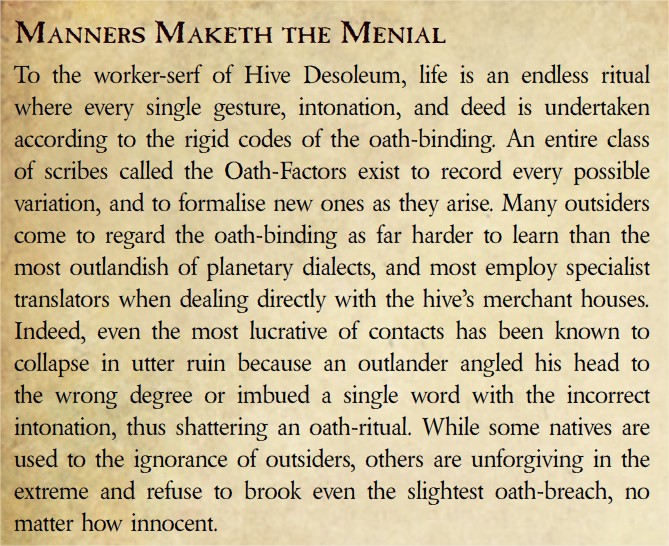
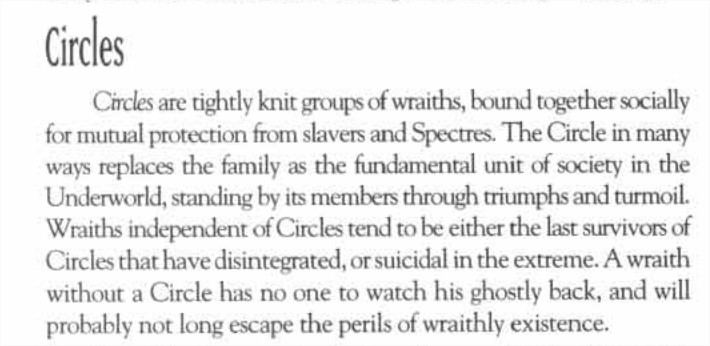

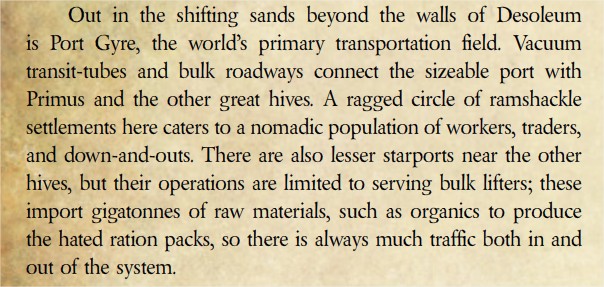
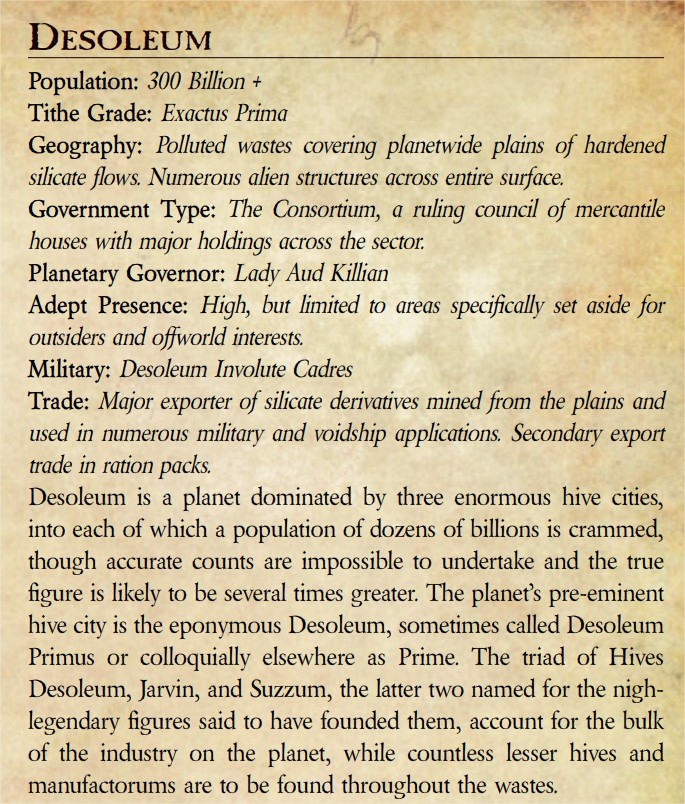

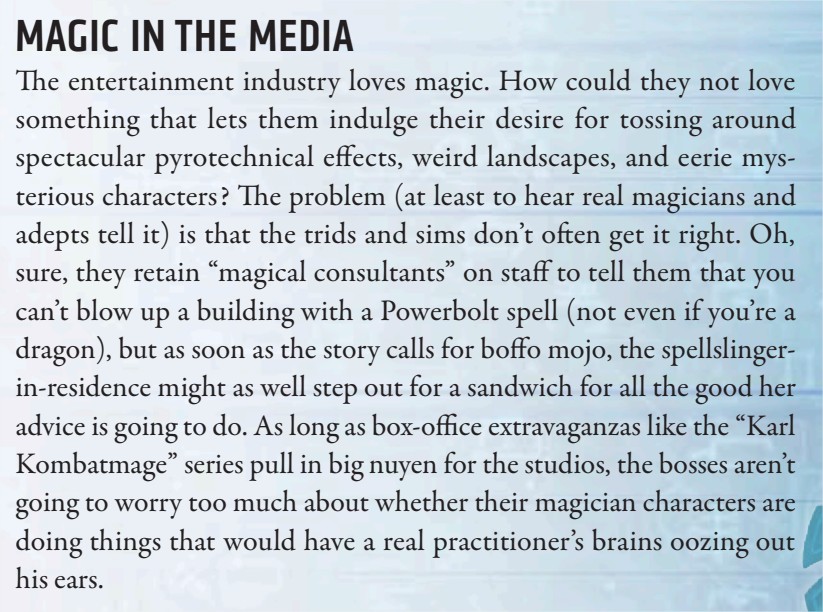
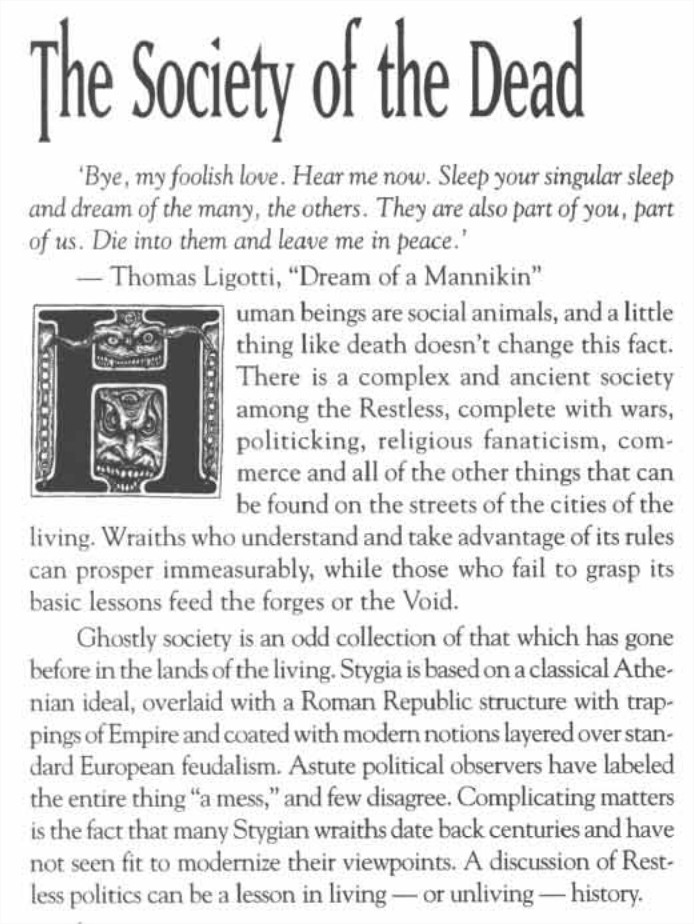
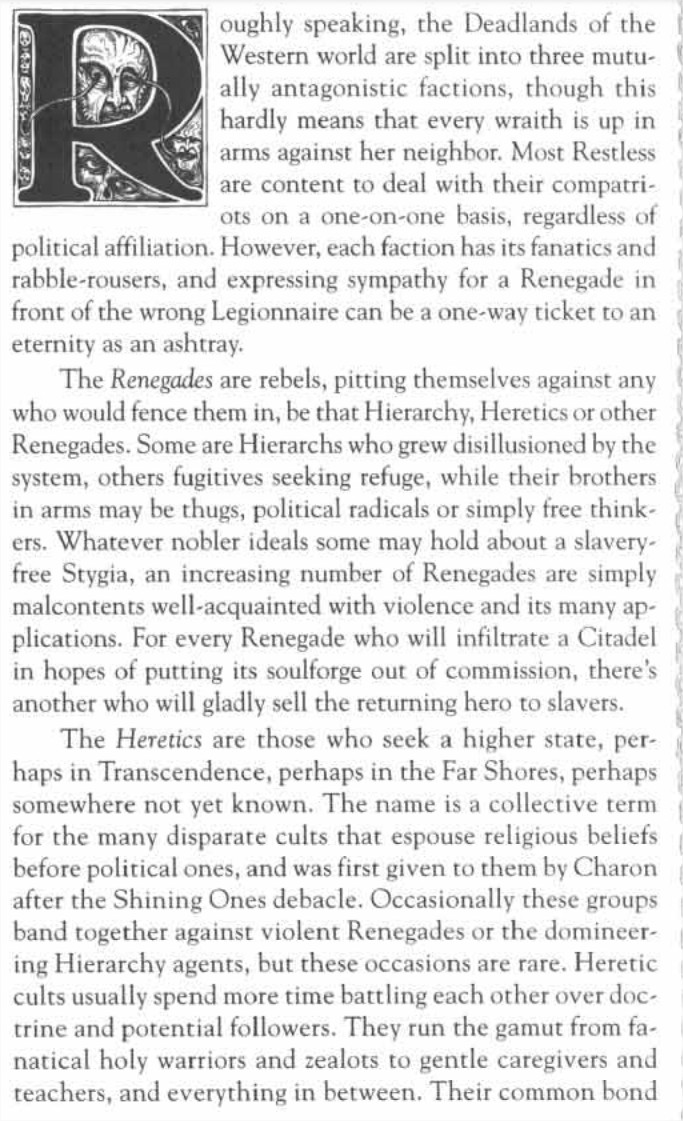
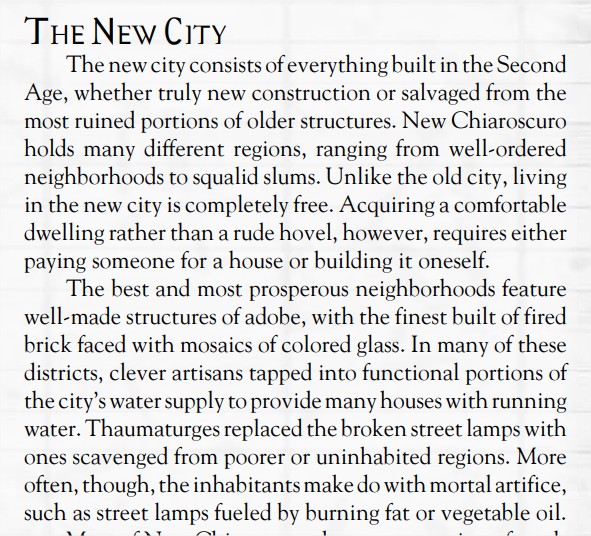




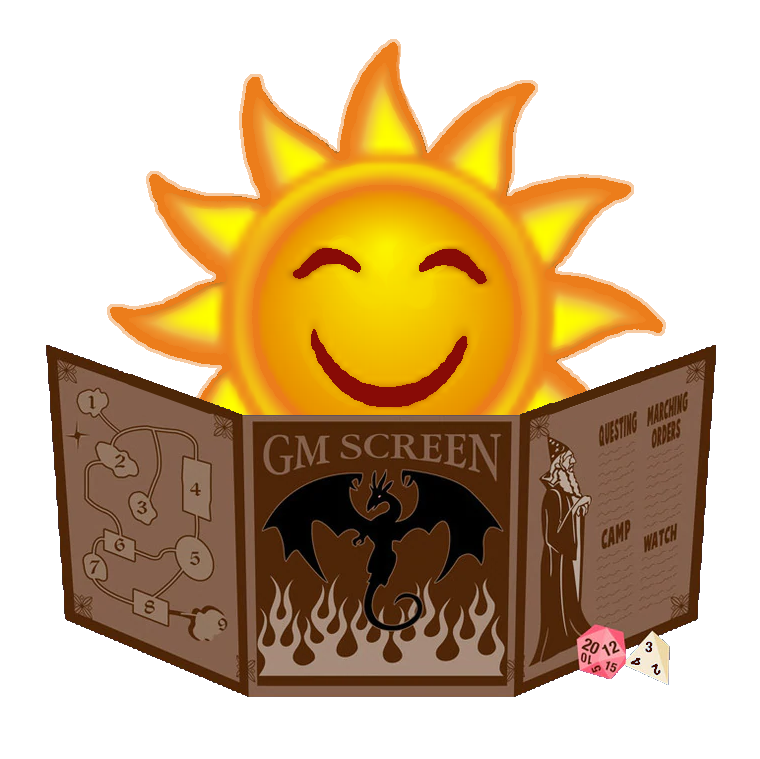


This was a very nice and informative read! I also write for fun! What is it you enjoy the most while writing?
Thank you! I hope you found it helpful! :D Hmm... Tough question. I think with world building, I really enjoy exploring how a world and the societies in that world might function differently, with different circumstances or elements. For example, one of my world - the Necro-Industrial Complex - has industrial-scale necromancy. How does a society work when all menial labor can be done by obedient, save, and endless undead serfs? Exploring things like that and seeing what makes a world tick is probably what I enjoy most about world building. :) What about you?
Creator of Araea, Megacorpolis, and many others.
Yus! I found it very helpful! I love reading about other people's worlds! The most important thing is to have fun when writing :) I really feel you when you talk about exploring the world and all it works around. It is a difficult but very enjoyable thing to do. I am glad you are having so much fun with it! A necro-industrial complex sounds amazing! I am going to check that after I am done writing this reply. What I love the most is that I can let my creativity simply wander around. It is so much fun to write! I love exploring new angles with characters, all the whilst creating cultures and seeing how they work with each other. It is such a joy to really make a world feel "alive"!